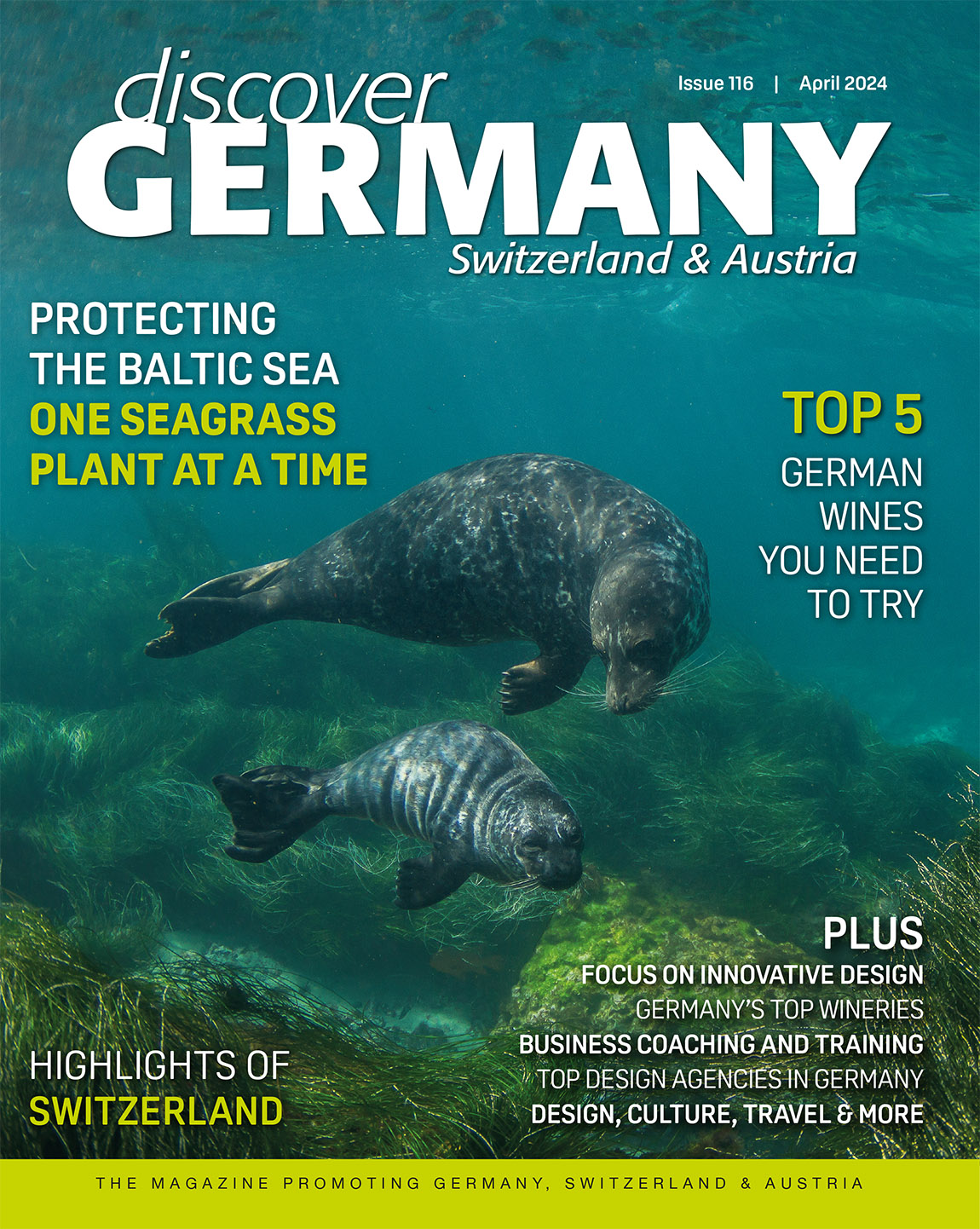Barbara Geier – On the advantages of opposing monolingualism

Do you speak another language apart from you mother tongue? German, English, French, Spanish, Italian, Russian, whatever might be a foreign language from your perspective? If you don’t, I can only heartily recommend considering moving out of monolingualism and into a wider, richer world – because that’s what learning another language gives you.
TEXT & PHOTO: BARBARA GEIER
Apart from all the practical advantages of being able to communicate in other languages when you’re on holidays or in a professional context, there is one thing that I always find particularly fascinating: when you speak another language, you also become a different person. Well, I don’t want you to think of a split personality or anything drastic. It’s about the fact that the way a language works, its vocabulary and general ‘tone’, also influences how you talk and hence, behave and come across. I’m pretty certain that anyone who speaks another language, knows what I mean.
In English, for example, I’m still me, of course, but also another Barbara, because I can say things in ways that I would not when speaking in German. Simply because the language doesn’t provide for it and doesn’t ‘do’ it. In a way, I’m also freer when speaking in English, because I think, subconsciously, I feel I can hide behind the foreign language (which doesn’t mean that I go around insulting people in English…). It’s almost as if the other language takes inhibitions from you that you’d have in your mother tongue. To give you an example of the things I’d easily say in English but not in German, let’s look at the word ‘love’. In English, you can love anything. ‘Oh, I loved this film. – I absolutely loved the food – I loved seeing her – I loved doing this or that’. In German, well, it’s not that we don’t love, but we are certainly much more selective with the use of the word. It’s reserved for the big and the serious, so to say, and if you wanted to describe how much you loved ‘minor things’ such as the examples given above, you’d use different expressions and linguistic constructions.
So, that’s why I love speaking in English, because I’m suddenly more enthusiastic and outspoken. And it can also sometimes be frustrating because I’m missing certain razor-sharp, to the point and precise ways of saying things that the German language is perfect for. Ultimately, what I’m trying to say is: learning and speaking another language is an incredibly positive thing – for your brain, your mind, your personality, your ability to understand other people better, not just literally but also in a wider context. I think in the times we live in it’s more important than ever. And, naturally, I’d recommend giving German a go. Believe me, it is not as bad as its reputation. Or, in the words of John le Carré, who extolled the joys of learning German in a speech a couple of years ago: “And when you’re tired of floundering with nouns and participles strung together in a compound, you can turn for relief to the pristine poems of Friedrich Hölderlin, or Goethe, or Heinrich Heine, and remind yourself that the German language can attain heights of simplicity and beauty that make it, for many of us, a language of the gods.” Ok, ‘language of god’” (again not something I’d say in German for fear of sounding over the top!) might be a bit much, but he’s certainly right about the simplicity and beauty. Try it!
Barbara Geier is a London-based freelance writer, translator and communications consultant. She is also the face behind www.germanyiswunderbar.com, a German travel and tourism guide and blog that was set up together with UK travel writer Andrew Eames in 2010.
Disclaimer: The views and opinions expressed in this column are those of the author and do not necessarily reflect the official policy or position of Scan Magazine Ltd.’
Subscribe to Our Newsletter
Receive our monthly newsletter by email



